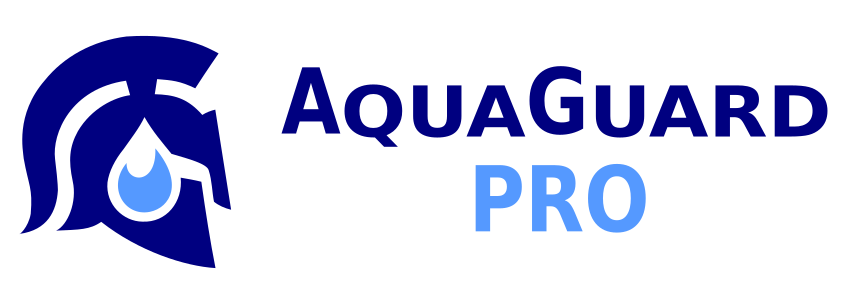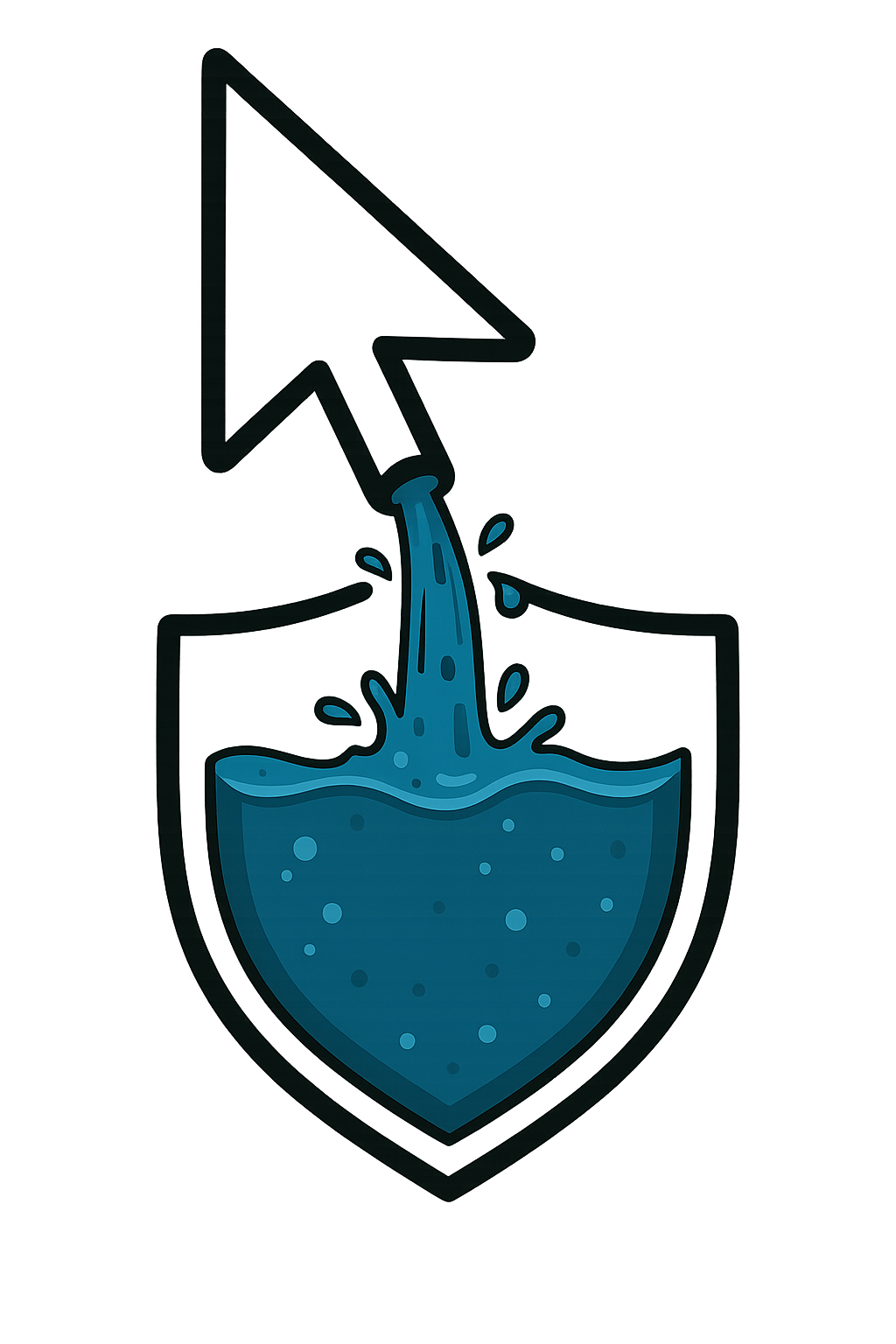"Alexa, how much water did we use today?"
"You've used 320 liters today, which is 15% less than your daily average. There are no leaks detected."
This isn't science fiction – it's what's possible when you properly integrate your water management system into your smart home ecosystem. And today, I'm going to show you exactly how to do it.
Why Integrate Your Water System?
Smart home integration isn't just about the cool factor (though it is pretty cool). It offers tangible benefits:
- Unified control through a single app or voice command
- Automated responses to events (like shutting off water if you leave home)
- Enhanced data from multiple systems working together
- Preventive actions based on weather forecasts or usage patterns
The Integration Options
The Watergate Sonic offers several integration paths. Here's how to choose the right one for your setup:
1. Cloud-to-Cloud Integration
Best for: Users who prefer simple setup and don't mind relying on internet connectivity.
Compatible with:
- Amazon Alexa
- Google Home
- Samsung SmartThings
- IFTTT
Setup difficulty: ⭐⭐ (Easy)
How to set it up:
- Ensure your Sonic is connected to WiFi and registered in the Watergate app
- In your smart home app, search for the Watergate skill/integration
- Link your Watergate account when prompted
- Discover devices
- Create routines using the discovered devices
Pro tip: Cloud integrations are the easiest to set up but may have slight delays compared to local connections.
2. Local API Integration
Best for: Users who want faster response times and continued function during internet outages.
Compatible with:
- Home Assistant
- Hubitat
- OpenHAB
Setup difficulty: ⭐⭐⭐⭐ (Advanced)
How to set it up:
- Enable Local API in Watergate app settings
- Note your device's local IP address
- In Home Assistant, install the Watergate integration via HACS
- Configure using your device IP and authentication token
- Create automations using the exposed entities
Pro tip: Local control provides the fastest response times and works even if your internet is down.
3. Hybrid Integration
Best for: Getting the best of both worlds – convenience and reliability.
Setup difficulty: ⭐⭐⭐ (Intermediate)
How to set it up:
- Set up both cloud and local integrations
- Configure your smart home system to use local control by default
- Set up cloud control as fallback
Powerful Automation Ideas
Once integrated, here are some clever automations you can create:
1. Vacation Mode
Trigger: When your home is set to "Away" mode for more than 24 hours
Action: Enable enhanced leak detection sensitivity and send all alerts to multiple family members
How to set up in Google Home:
- Create a new Routine
- Trigger: Home/Away status
- Conditions: Away for 24+ hours
- Actions: Call Watergate service "Enable Vacation Mode"
2. Freeze Protection
Trigger: When weather forecast predicts temperatures below 0°C
Action: Enable pipe freeze protection mode and send preventive heating instructions
How to set up in Alexa:
- Create a new Routine
- Trigger: Weather forecast below 0°C
- Actions: Set Watergate "Freeze Protection" to ON
3. Morning Usage Report
Trigger: Every morning at 7:00 AM
Action: Have your voice assistant read out yesterday's water usage and any detected issues
How to set up in Home Assistant:
- Create an automation with a time trigger
- Actions: Call TTS service with templated message including Watergate sensor data
4. Automatic Shutoff When Leaving
Trigger: When everyone leaves home
Action: Turn water supply to "Away" mode (which maintains minimal flow for plants but prevents major leaks)
How to set up in SmartThings:
- Create a new Automation
- Trigger: Everyone leaves (based on phone location)
- Actions: Set Watergate mode to "Away"
Voice Command Cheat Sheet
Here are some useful voice commands once you've integrated your system:
For Alexa:
- "Alexa, ask Watergate about my water usage today"
- "Alexa, tell Watergate to turn off my water"
- "Alexa, ask Watergate if there are any leaks"
- "Alexa, tell Watergate to enable vacation mode"
For Google Assistant:
- "Hey Google, how much water have I used today?"
- "Hey Google, turn off the water supply"
- "Hey Google, is there a water leak?"
- "Hey Google, set Watergate to away mode"
Advanced Integration: Dashboard Creation
For the truly tech-savvy, creating a custom dashboard gives you the ultimate control center for your home's water system.
In Home Assistant:
- Install the Lovelace UI if not already using it
- Create a new dashboard called "Water Management"
- Add cards for:
- Current water flow rate
- Daily/weekly/monthly usage graphs
- Water temperature
- Valve status with control button
- Alert history
- Cost calculator
Pro Tip: Add conditional formatting to highlight unusual usage patterns in red.
Troubleshooting Common Issues
Having trouble with your integration? Here are solutions to common problems:
Cloud Integration Not Working
- Ensure both devices are on the same WiFi network
- Check that your Watergate account has the latest permissions
- Try unlinking and relinking the accounts
Local API Connection Failed
- Verify the device has a static IP address assigned
- Check firewall settings
- Ensure the Local API feature is enabled in Watergate settings
Voice Commands Not Recognized
- Try rephrasing using the exact device name
- Ensure the smart speaker and Watergate are both online
- Try re-discovering devices in your smart home app
Getting Professional Help
If DIY integration seems overwhelming, AquaGuard Pro offers professional smart home integration services. Our technicians can:
- Set up all necessary connections
- Create custom automations
- Design beautiful dashboards
- Configure alerts and notifications
- Train you on using the system
The Future of Smart Water
Water management is one of the fastest-growing segments of the smart home industry. Coming soon:
- Water quality monitoring
- Fixture-specific usage tracking
- Predictive leak detection using AI
- Integrated water treatment systems
- Greywater recycling automation
By integrating your water protection system today, you're not just making your home smarter – you're preparing it for the future of resource management.
Need help integrating your Watergate Sonic into your smart home? Contact AquaGuard Pro for professional assistance!


